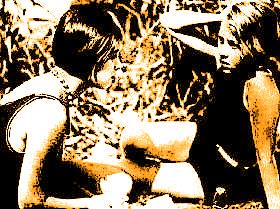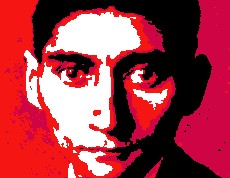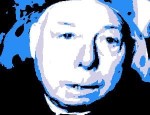Film Review
One of the most important and distinctive German films of the silent era,
Menschen
am Sonntag is also an invaluable historical record of how ordinary German people
lived in the politically and economically turbulent period between the First and Second
World Wars. What is most surprising about this film is its realism and apparent
modernity. The majority of silent films tended to be elaborate, highly stylised
works of art, particularly German films of the 1920s which bore the heavy imprint of expressionism.
Menschen am Sonntag is the complete antithesis
of this - shot in the manner of a documentary, mostly out-of-doors in real locations,
in a strikingly naturalistic way, without professional actors. It is a style of
filmmaking that is more redolent of the French New Wave of the early 1960s, spontaneous,
unfussy and utterly charming - although its nearest cinematic equivalent is probably
Jean Renoir's
Partie
de campagne (1936). What is also remarkable about this film is its list
of credits, which includes some of the most distinguished names in cinema history - Robert
Siodmak, Edgar Ulme, Eugen Schüfftan, Billy Wilder and Fred Zinnemann.
This was Siodmak's first directing job - he took over from Rochus Gliese shortly after
work on the film began, assisted by his younger brother Curt, who co-financed the film
from his earnings as a writer.
© James Travers 2007
The above content is owned by frenchfilms.org and must not be copied.
Film Synopsis
One Saturday evening, a young Berliner, Wolfgang, meets an attractive young woman, Christi,
and invites her to spend Sunday with him by the lake. He then calls on his friend
Erwin and asks if he would care to come along. The next morning, Erwin's wife Annie
hasn't forgiven him the argument they had the night before, so Erwin goes off alone to
join up with Wolfgang. Christi has brought along her friend Brigitte, an attractive
blonde to whom Wolfgang is immediately attracted. The four young people spend the
day laughing and fighting, happily forgetting the week of drudgery that the next morning
will herald...
© James Travers
The above content is owned by frenchfilms.org and must not be copied.



